Part two of this review is here
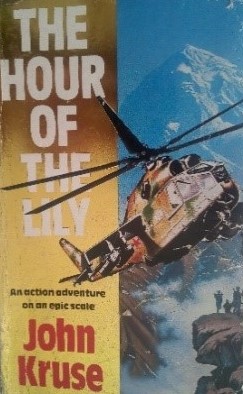
John Kruse wrote three novels about the Soviet Union in the decade from 1981. His first — Red Omega (1981)— is the best and most successful, as evidenced by the fact that it has been made available as an ebook.
So, if Red Omega is the best of Kruse’s three novels, why turn, in Russia in Fiction’s first review of a Kruse work, to his second book, the somewhat sprawling 1987 novel The Hour of the Lily?
Afghanistan is the reason. The Hour of the Lily has a setting that is largely neglected in Western novels and thrillers, namely, the almost decade long Soviet war in Afghanistan (1979-1989).
Not only is Red Omega (1981) John Kruse’s first novel, but it is Russia in Fiction’s favourite of his too; a tense thriller about an assassination attempt against Stalin in 1953 that plays on the familiar notion that the dictator’s death in March of that year was not of natural causes.
Kruse’s third novel —Long Live the Dead (1990)— backs up the idea that the author, and possibly his publisher, considered Red Omega to be his best, by being its sequel and featuring the same characters in another 1953 assassination attempt; this time against sadistic NKVD chief, Lavrentii Beria. For now Long Live the Dead sits, as it has for several years, unread on the Russia-in-fiction bookshelf. Must get round to reading it.
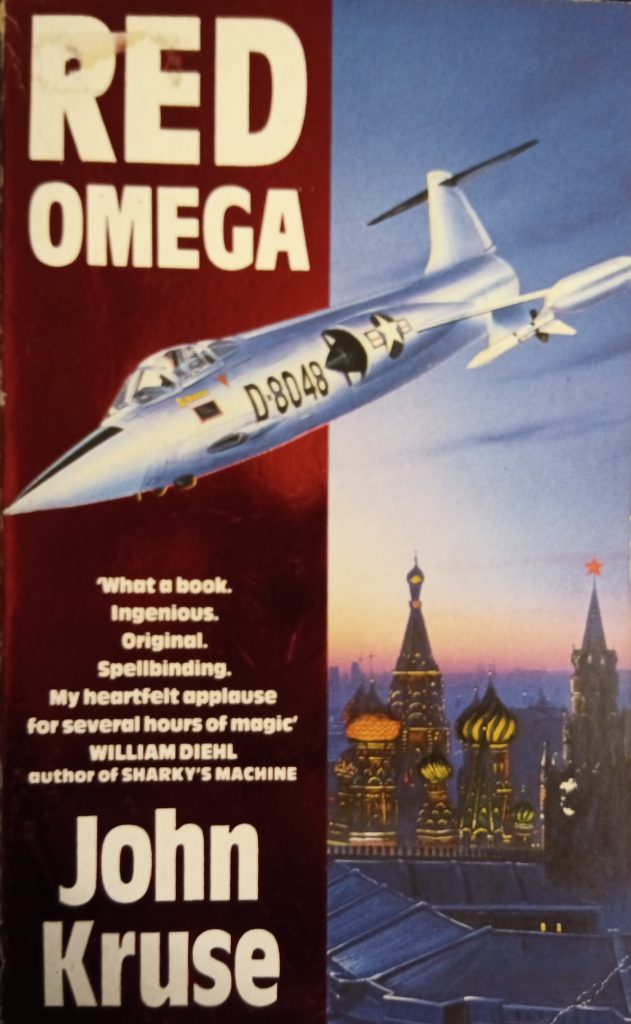
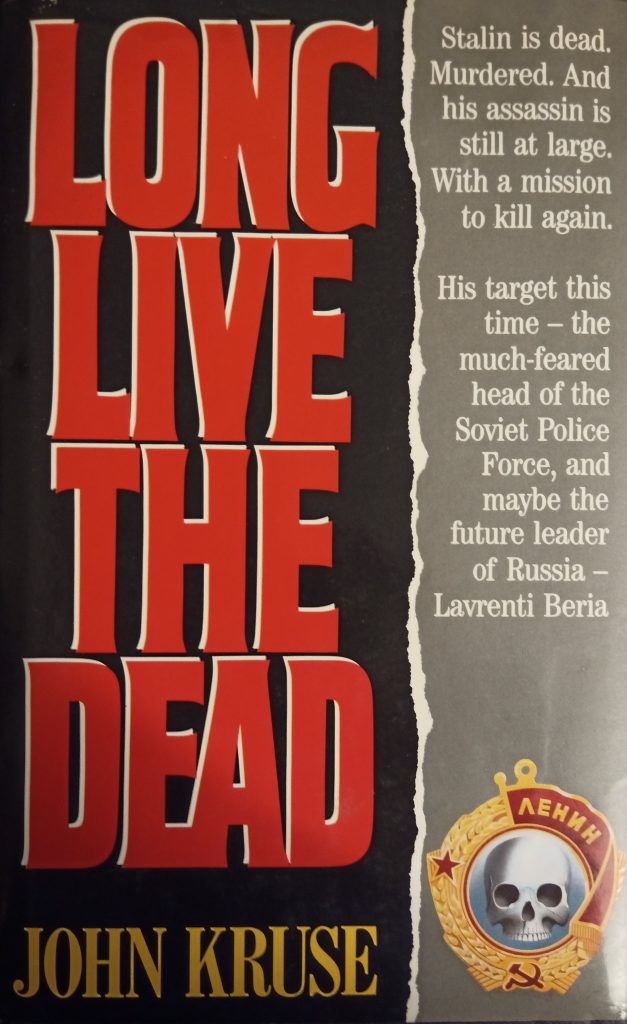
Back to the book we are reviewing here. As a novel, The Hour of the Lily is an accomplished piece of writing, though one that by contemporary terms would be deemed too wordy and detailed for a thriller. It may be reading too much between the lines, but The Hour of the Lily comes across as ‘difficult second album’ syndrome in novel form. Kruse just about pulls it off, although the book does totter a little between the two stools of page-turner and literary craft.
The Hour of the Lily is set more than three decades on from Red Omega and Long Live the Dead. Published in 1987, the narrative unfolds in the middle of the Soviet Union’s ill-fated war in Afghanistan, launched by the Brezhnev government in December 1979 and formally ended by Mikhail Gorbachev nearly ten years later.
If nothing else , The Hour of the Lily stands as testimony to John Kruse’s originality. Russia in Fiction cannot readily bring to mind another thriller set entirely in that war —a conflict of global significance, sometimes referred to as the Soviet Vietnam. The Soviet-Afghan war was an occasional feature in thrillers published whilst it was still being fought—see for example, Dennis Jones’s Russian Spring (1984) and Tom Clancy’s Cardinal of the Kremlin (1988). It features too in a couple of other, highly rated, works of non-genre fiction published since then —Khaled Hosseini’s The Kite Runner (2003) and Gregory David Roberts’ spawlingly magnificent Shantaram. The difference with The Hour of the Lily is that it does not just feature the Soviet-Afghan war, its narrative takes place wholly within it.
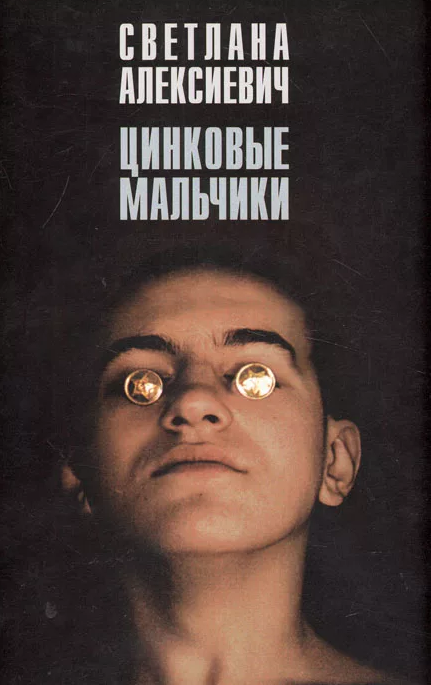
John Kruse (1921-2004) is nowadays a little known author, and always associated, here at Russia in Fiction, with that slightly better known writer of Russia-related thrillers, Donald James (1931-2008).
Both of these Englishmen made careers as writers in the decades after the Second World War, which shaped their lives and delivered them into a world with what seems at this distance a certain verve, a freedom to travel, and opportunities —at the dawn of the mass television era— to write. Both Kruse and James wrote scripts for 1960s TV thriller The Saint, starring Roger Moore, as well as for other series and films. James spent a number of years living in France. Kruse chose Spain (Almuñécar in Andalusia, to be precise) where he moved in 1981.
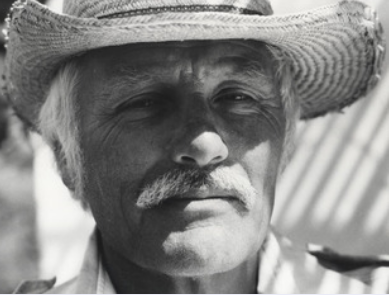
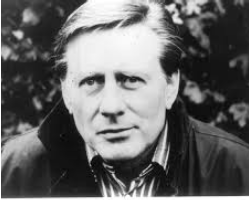
Russia in Fiction picked up The Hour of the Lily a few years back, in a favourite second-hand book ‘shop’ –the small charity book booth nestling in the beautiful grounds of Jersey Zoo, just along from the Andean bears. Having enjoyed Red Omega, it was terrific to find what would seemingly be ideal holiday reading. But somehow enjoying it was a struggle, and so it remained unread for years. Until, that is, the first pandemic lockdown of 2020.
Pretty early on in The Hour of the Lily, a particularly brutal and vivid torture scene served as a reminder of what had been so off-putting during the first attempt to read it. We can be sensitive souls here at Russian in Fiction. But this time round, we pressed on, determined to see how the Soviet-Afghan war was dealt with in fiction.
And Kruse’s fictionalised take on this war is what we turn to in part two of this review.
Part two of this review is here